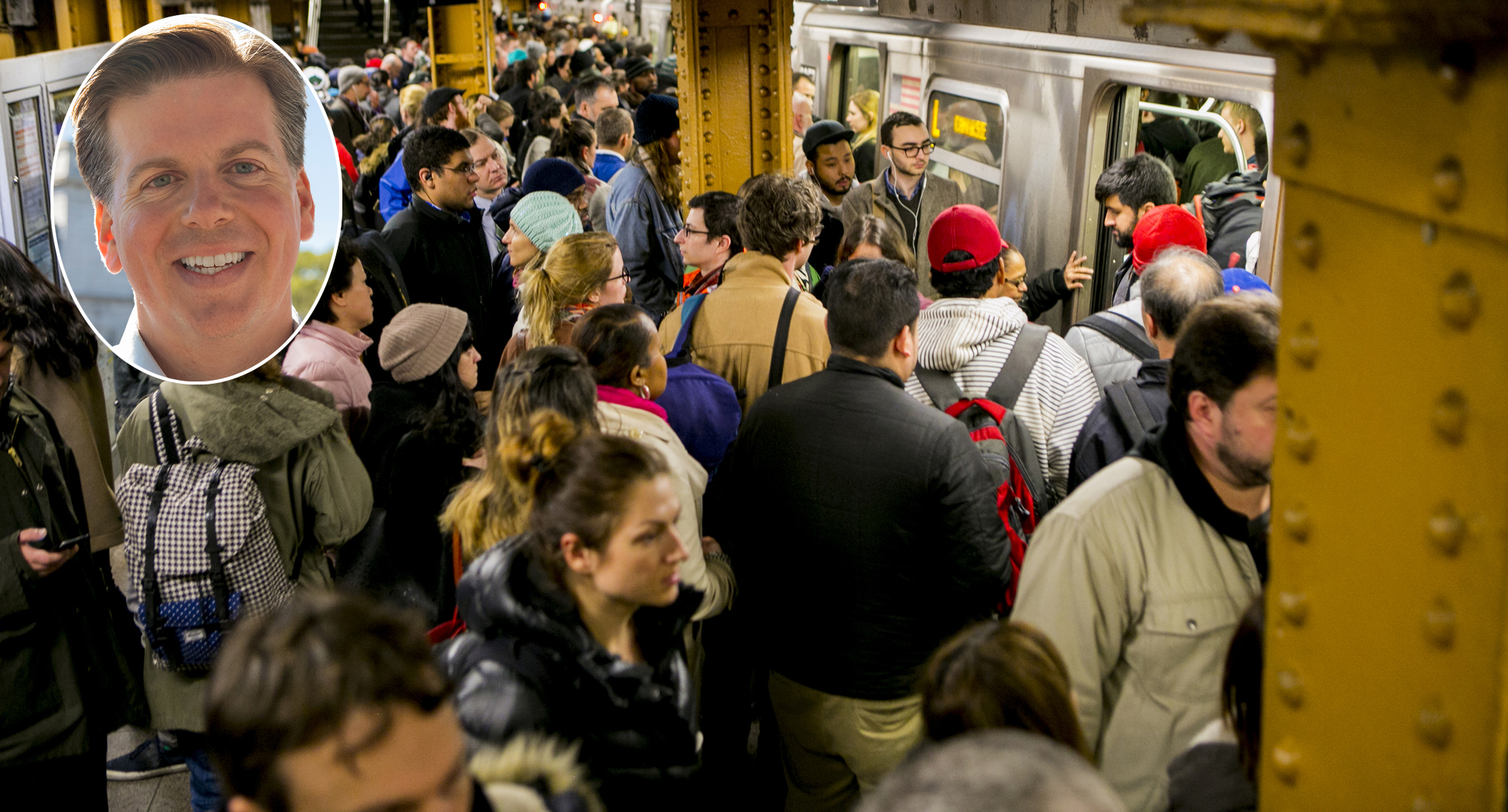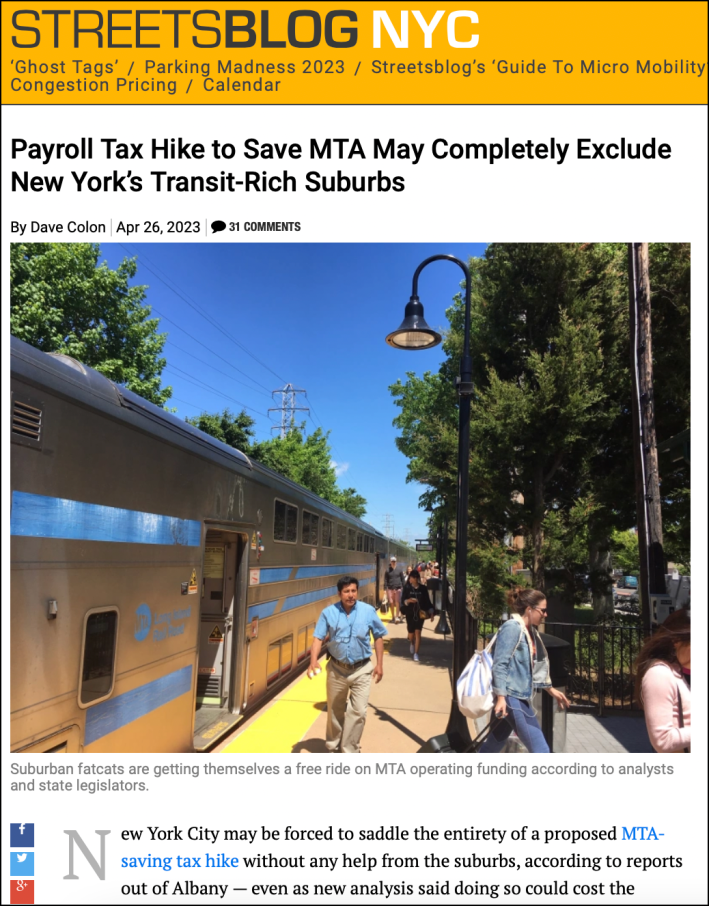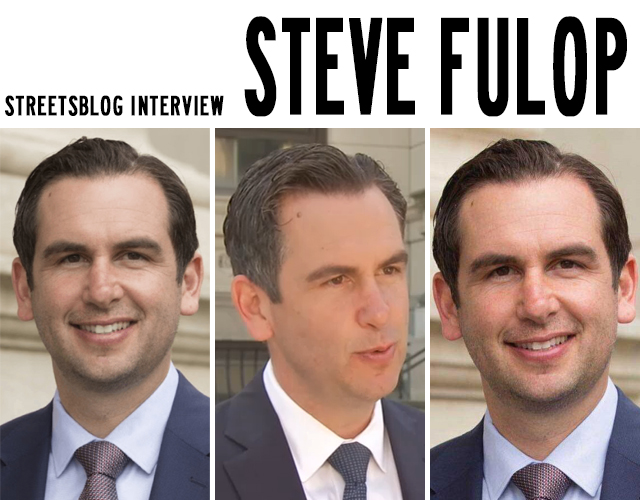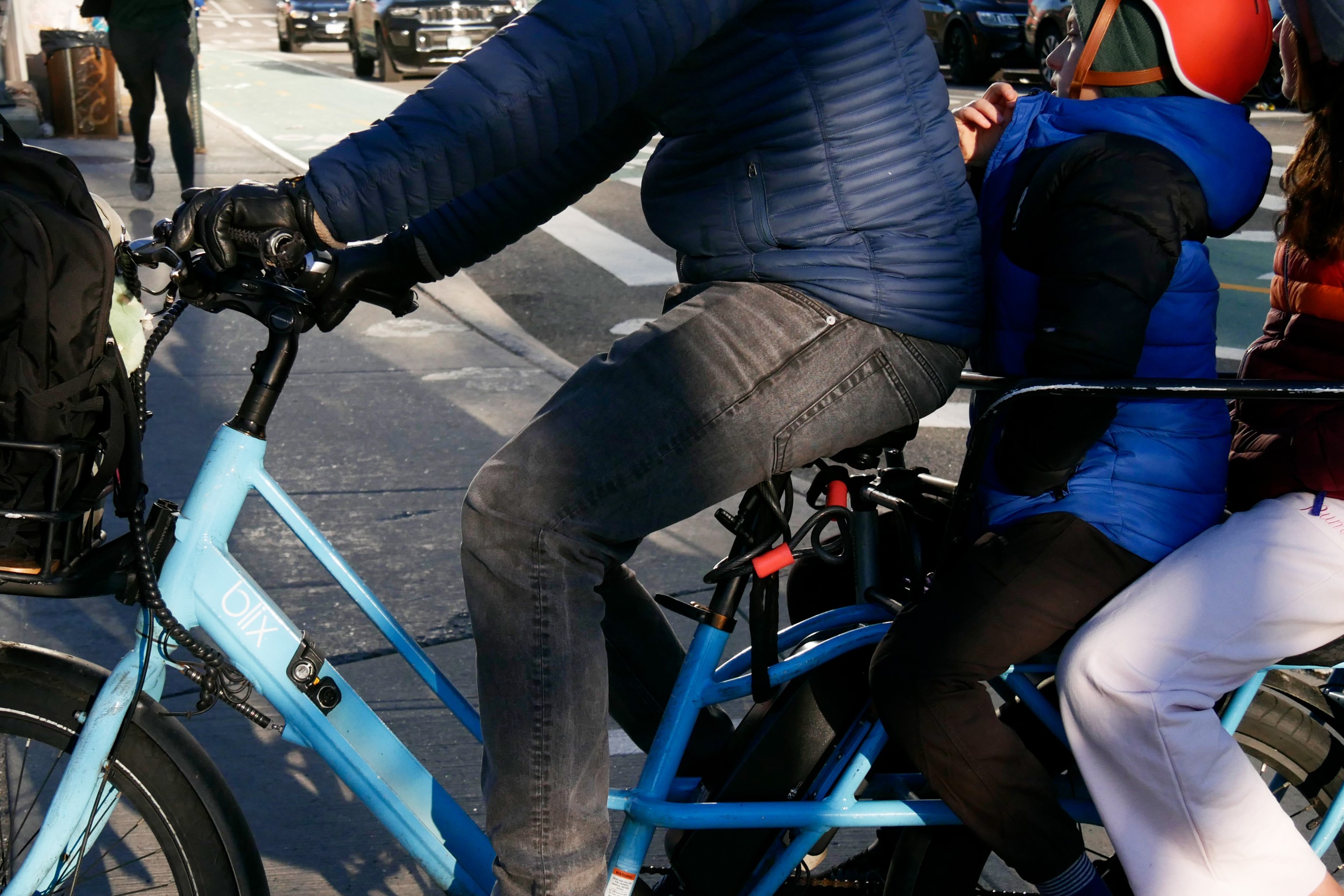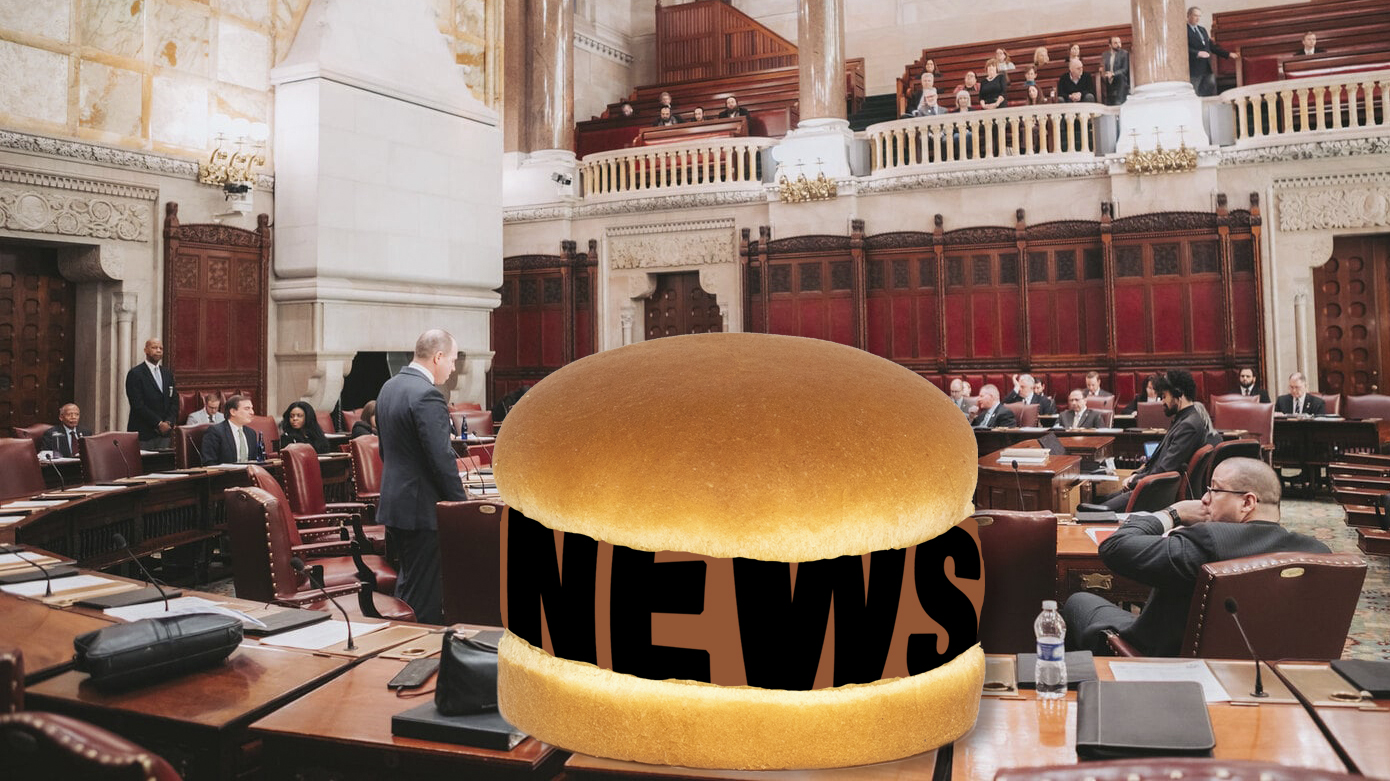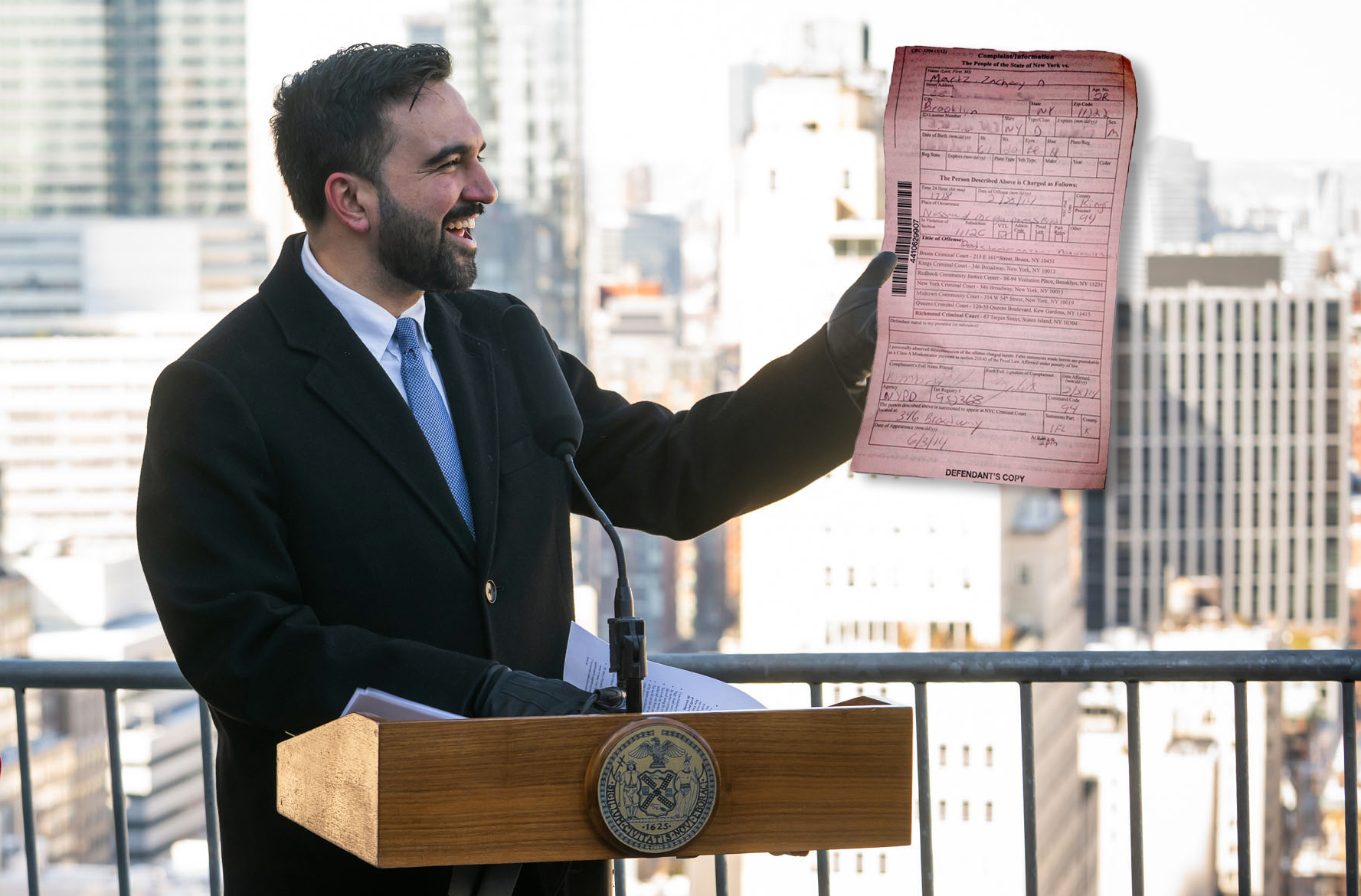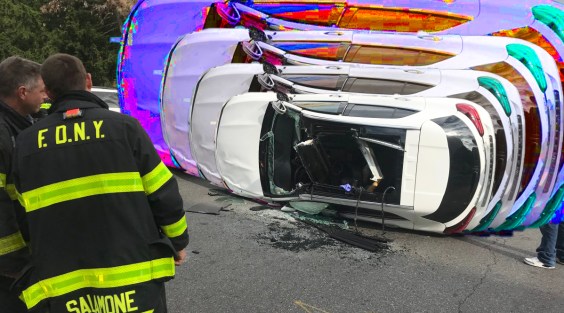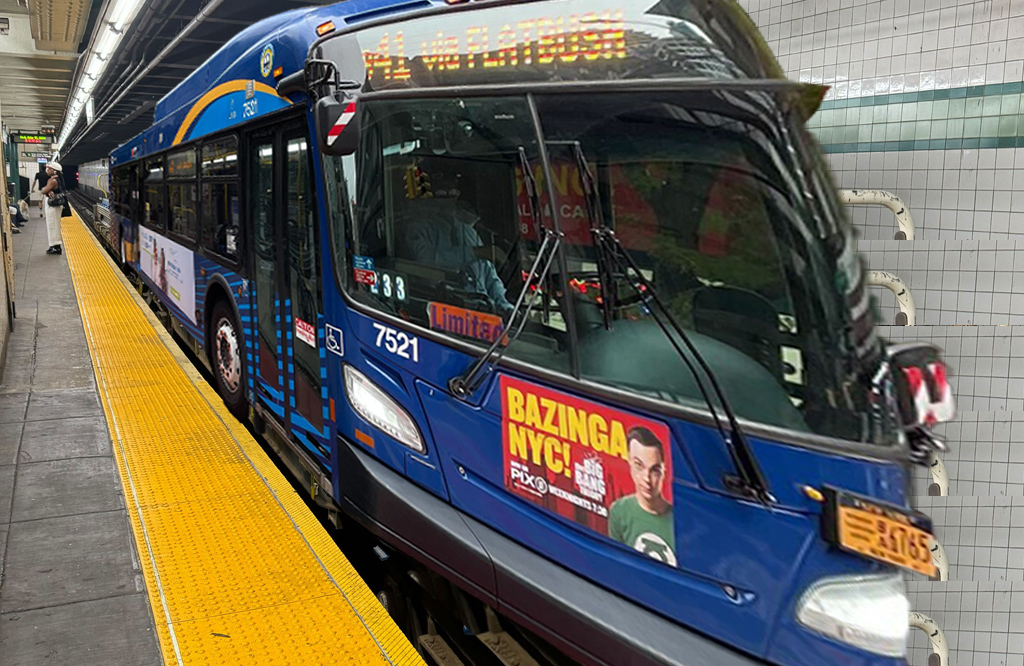Late on Thursday, it appeared that Gov. Hochul and legislative leaders had reached a handshake deal on the budget, but details were not immediately clear on whether suburban lawmakers had prevailed and eliminated their share of a proposed hike in a regional “mobility tax” paid by businesses in all seven suburban counties and the five boroughs. Before the smoke clears, we offered Assembly Member Robert Carroll of Brooklyn a chance to weigh in on the proposal to let the suburbs off the hook.
The health of New York City’s economy and that of our suburban neighbors is dependent on our robust mass transit system. Unfortunately, the system faces an existential crisis that could cripple not only our buses, subways, para transit and commuter railroads but the region itself. While ridership levels are increasing they still remain below pre-COVID levels and with COVID related federal funding ending, the MTA is facing severe financial strain. Operating deficits are projected to grow to nearly $3 billion annually in coming years and next year’s funds from the implementation of congestion pricing by law must be dedicated to the MTA’s capital budget.
In the ongoing negotiations over the state budget, Gov. Hochul and legislative leaders have proposed an increase to the existing Payroll Mobility Tax dedicated to the MTA from .34 percent to .60 percent for companies in New York City with annual payrolls over $1.75 million. The governor’s initial proposal of an increase to .50 percent would have applied to businesses in both New York City and suburban counties served by the MTA that currently pay the PMT.
Unfortunately, as Streetsblog reported, resistance from some of my suburban colleagues in both the Assembly and the Senate has led to the current proposal to exempt the suburban counties. According to a brief just released by the Fiscal Policy Institute the suburban counties currently contribute about 25 percent of PMT revenues. Exempting them would reduce the revenue from a .26 percent PMT increase from $1.3 billion to $975 million costing the MTA $325 million.
Outrage alert: State legislature is considering forcing NYC to shoulder the entire increase on a tax to run the regional rail and bus system. @davecoIon has the story: https://t.co/7qQ7gu1SV7
— Streetsblog New York (@StreetsblogNYC) April 27, 2023
The fact is that New York City Transit, Long Island Rail Road, and Metro North are all running operating deficits so it is simply incorrect that with an across-the-board increase in the PMT businesses in the suburbs are being asked to bail out New York City. What is more, people living in the suburbs benefit not only from high functioning commuter rails, but also from subway and bus service within New York City.
It is unwise and bad policy to abandon the principle of an integrated regional transportation system funded through cost sharing across the jurisdictions that benefit most from the MTA, but New York City businesses should certainly not have to pay additional taxes to support the commuter rails while the suburbs do not. Last week, I wrote a letter co-signed by several of my New York City colleagues in the Assembly to Assembly Speaker Heastie expressing the view that the PMT increase should apply to both the city and the suburbs, but in the event that it does not, revenue from the increase should go to New York City Transit only.
Frankly, it is sad that this matter is even being debated. There are many competing priorities when it comes to the wise use of public resources, but we simply cannot afford to let MTA services deteriorate and the agency fall into a “death spiral” of poor service, low ridership, loss of revenue, and even poorer service. The time for measures to generate significant revenue for the MTA while moving forward with innovations like “six-minute service” is now.
We shouldn’t give up on the vision of an even better public transportation system that meets the needs of residents of the city and surrounding communities while also boosting the city and region’s economic health and protecting our environmental well-being. Absent a true commitment to this broader vision, the least we can do is have everyone — the city and suburbs alike — pay their fair share to staunch the bleeding.
Robert Carroll represents Prospect Heights, Park Slope, Windsor Terrace, Kensington, Ditmas Park, Borough Park, and Midwood in the state Assembly.
